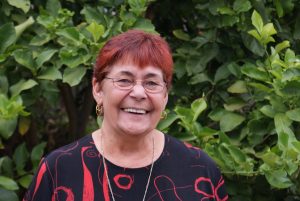Aboriginal Narrative Practice Course

Thank you for your interest in this free Aboriginal narrative practice online course. As Aunty Barbara says, narrative practice is about ‘telling our stories in ways that make us stronger’. In this course you will be able to watch videos from a wide range of Aboriginal and Torres Strait Islander narrative counsellors, health workers and community workers. You will also get to hear about some of their creative inventions.
This is a self-directed course that you can start straight away! We invite you to watch the videos, read the articles and then leave your own comments, thoughts, stories and questions on this site. We would love to hear from you.
All the resources here are completely free (thanks to a Community Benefits SA Grant).
If you want to receive a certificate for completing this course, this is also possible. For more information about this, please click here
We hope you enjoy the course. And we look forward to hearing about how you are assisting people to ‘tell their stories in ways that make them stronger’.
